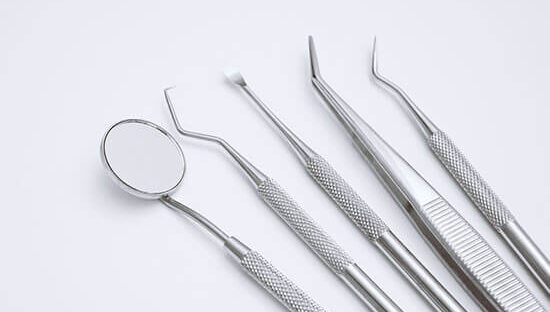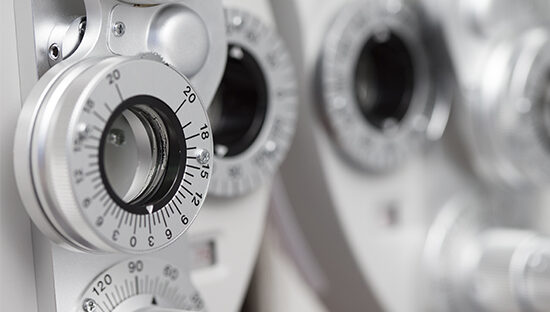
Delivering a net zero NHS by 2045
Medical device manufacturers and NHS health trusts alike are under obligation to meet legal compliance and net zero goals, but we are heading into a situation where one of these considerations may be forced into a position of lower priority. How has this come about?
MDD certificates will expire by 2024
The Medical Device Directive (MDD), intended to harmonise laws regarding the manufacture of medical devices sold to the European Union, was effective until May 2021, when it was replaced by the new Medical Device Regulations (MDR).
Manufacturers have a deadline of May 2024 to complete the transition to MDR, but there are serious concerns about how this deadline can be met – a report recently issued by The European Commission’s Medical Device Coordination Group (MDCG) states that more than 17,000 (90%) of currently valid AIMDD/MDD certificates will expire in 2023-2024.
There is a backlog in MDR certification
Data collected from 75% of all relevant Notified Bodies in a European Commission survey has revealed that more than half of all applications from manufacturers are incomplete.
Only 8,120 MDR applications have been received and 1,990 have been issued, and for 82% of the applications, the time to obtain a certificate (allowing for QMS and product assessment) was between 13 and 18 months.

The competing priorities of MDR and Net Zero
The UK is Europe’s third-largest market for medical devices, accounting for 12.1% of all devices sold within the UK and EU, and within the UK the National Health Service is the largest consumer. As medical equipment accounts for 10% of total NHS carbon footprint, NHS procurement teams are understandably putting medical device manufacturers under pressure to meet carbon neutral targets.
With a wide range of manufacturers and suppliers offering them identical or similar products, these procurement teams can wield enormous buying power that has allowed them to dictate the rules and force manufacturers to meet net zero targets.
But this position of strength has been steadily eroded over the last two years; a situation that MDR compliance is likely to exacerbate.
While EU Commissioners are considering an extension of the deadline to 2028, medical device manufacturers are racing against the clock to achieve compliance for their products.
If manufacturers cannot achieve compliance on their products before the deadline they may be forced by the Medicines & Healthcare products Regulatory Agency (MHRA) to temporarily withdraw them from the market, leading to a shortage of products and fewer choices of product alternatives. If they have to choose between focussing their attention on achieving compliance so they can sell products and maintaining a steady course towards net zero, manufacturers are likely to choose the former.
As a result, procurement teams may have to recalibrate their net zero targets simply because compliant products will only – or largely – be available from manufacturers who have shifted their priorities away from net zero goals – a classic case of pragmatism over idealism.
A further complication that manufacturers are facing is the dual application process for UK and EU, following Brexit, that updated UK regulations, may vary from those of the EU. Even if UK closely aligns their requirements, it will still require separate application which will almost certainly lengthen the registration process if devices are to be sold to both markets. It may also result in some manufacturers deciding to pull out of the smaller UK market rather than bear the additional costs of having to work with two notification bodies and pay two registration fees in order to meet the MDR requirements of both Europe and the UK.
Removing the barriers to MDR compliance
If we are to protect the current NHS supply chain situation against further deterioration, does there need to be greater cooperation between procurement teams and manufacturers?
Do the NHS teams need to accept their temporary loss of influence over the market and reduce the pressure on manufacturers to meet carbon neutrality within their strictly imposed timelines?
If they are willing to do so, what should manufacturers be doing from their side to streamline the compliance process?
One contributing factor to this situation is the acute shortage of Notified Bodies that are qualified to process and approve MDR certification, with only four in the UK. Fitness for purpose, performance and safety are all factors that are considered during the MDR assessment process. Should manufacturers be more proactively working on product design, testing and evaluation to ensure medical devices meet all criteria before they are submitted for approval?
Some laboratory-based testing such as materials compatibility, which evaluates the long-term effects of cleaning and sterilisation chemicals and technology on materials used in medical device design and manufacture, will not only pave the way for a more streamlined evaluation and sooner MDR compliance but will also contribute towards manufacturers achieving their net zero goals and by extension, those of the NHS procurement teams.
This is a subject that needs to be addressed, not only by the NHS and medical device manufacturers but also by the European Commission and the UK Government to ensure an uninterrupted supply chain of life-critical medical equipment.





